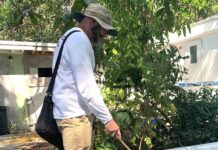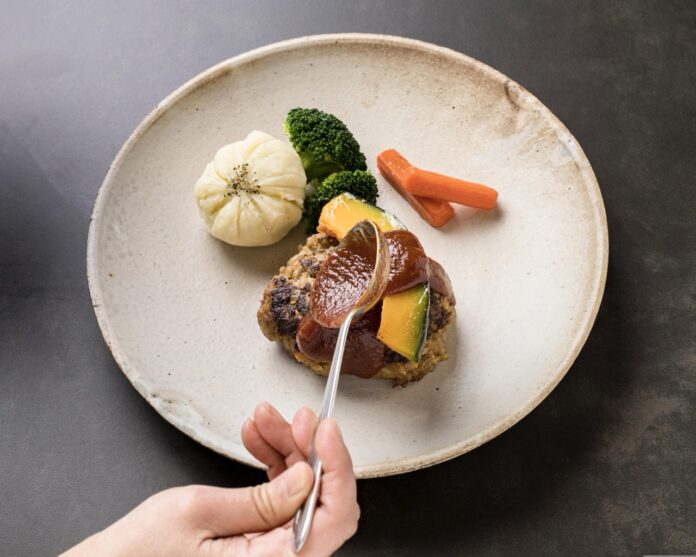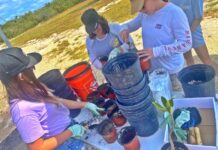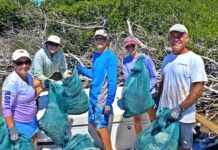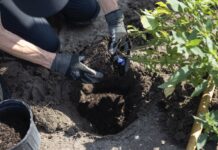I can still hear my mother say “clear your plate” and nanny reminding me “there are people starving all over the world,” as I push my peas around the plate until they’re hard enough to load in my BB gun. But it’s true; there are people starving everywhere, and we are throwing food in the trash or down the Insinkerator. We are a disposable society.
Americans throw out about a third of food purchased
On average, a family of four will waste about $1,500 per year on food not eaten. Yet in Monroe County, many households struggle to make it paycheck to paycheck. Most of us here could use that food or money. ALICE is an acronym for Asset Limited, Income Constrained, Employed. These are households that earn more than the federal poverty level, but less than the basic cost of living for the county.
According to the United Way’s 2021 ALICE report, 33% of Monroe County residents are ALICE households, and 10% are poverty households. If your paycheck isn’t enough to cover your basic needs, what is being compromised to pay the rent? Food, medicine, clothing? If you’re struggling to make ends meet, then food waste shouldn’t even be an issue. But we still waste food. And not only does food waste cost consumers at the cash register, it’s also a cost to the environment.
Food waste increases our carbon footprint as it rots in a landfill. The food purchased and wasted must be replaced on store shelves. This increases the demand for food. The demand is getting more difficult to supply. The resources needed to produce food are being exhausted. The farmland is being overharvested until it is useless. The water resources are scarce.
Since November 2023, Collier and Lee counties have been under an emergency water shortage. Increased food production means more pesticides and fertilizers running into the waterways. The energy and water wasted in food production that is not consumed could service 50 million homes. Small changes can save food, money and our environment.
Little steps make a big difference
- Establish a food budget and use coupons and store discounts.
- Plan a menu for five days.
- Inventory your kitchen pantry, freezer and refrigerator before shopping.
- Make a shopping list for the planned meals.
- Do not go to the grocery store hungry.
- Stick to the list and only buy food for the five days.
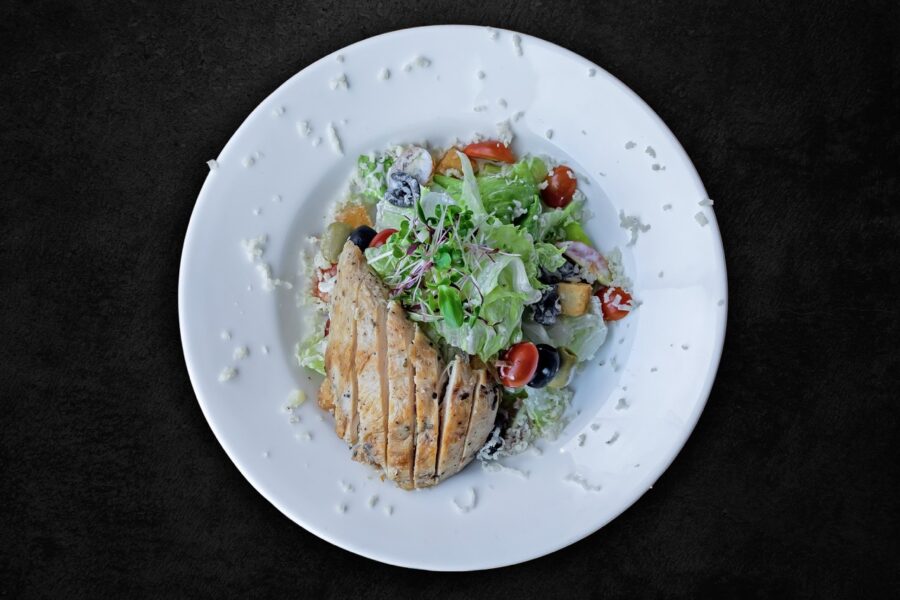
Correct food storage
- Keep produce in crisper bins in the refrigerator. That helps retain moisture. If possible, keep fruit in a separate crisper from vegetables because fruit gives off ethylene gas that can shorten storage life.
- While some produce can be stored at room temperature (like citrus), whole melons, and potatoes, and cut, peeled or cooked fruits and vegetables should always be refrigerated.
- Keep packages of raw meat, poultry and fish frozen until ready to prepare. When thawing, place meat in a separate bowl or pan on the lowest refrigerator shelf. This keeps juices from dripping onto other foods, and the lowest shelf is usually the coldest. Use fresh meat, poultry and fish within a couple days. Toss meat, poultry or fish with an off odor, a sticky or slimy surface or discoloration.
Leftovers?
- Save money and pack leftovers for lunch.
- Recreate the leftovers into a new meal.
- Share with a neighbor or colleague.
Food scraps
- Compost organic scraps for gardening.
- Upcycle scraps: Citrus peels in a jar of vinegar creates a naturally scented disinfectant cleanser (soak in a dark place for three weeks then remove peels).
- Upcycle produce into non-toxic paints: golden beets (yellow), spinach (green), red beets (red). In a jar, add a small amount of vinegar to the produce’s juice.
- Animal feed: Donate scraps to local farms and bird rescues.
For more food waste and compost information, attend a food waste/compost presentation and seed sowing project. Contact your local library to sign up for the free program.
- Saturday, Feb. 24 from 11 a.m. to 1 p.m. at Key West library.
- Saturday, March 2 from 2 to 4 p.m. at Big Pine Key library.
- Thursday, March 28 from noon to 2 p.m. at Key Largo library.
DID YOU KNOW?
Foam waste, shopping bags and plastics such as egg cartons can be recycled at Publix stores in the Keys. Home Depot stores recycle household batteries, shopping bags and lightbulbs. Ink cartridges are accepted at Office Max in Key West. Napa Auto Parts stores accept auto and boat batteries, as well as boat and automobile motor oil.
REUSE AND REDUCE
Keep reusable shopping bags in your car for all shopping, not just groceries. At Baby’s Coffee, clean, reusable coffee mugs are refilled at a discounted price of $2. Starbucks will use any clean, reusable coffee mug for a 10-cent discount.








